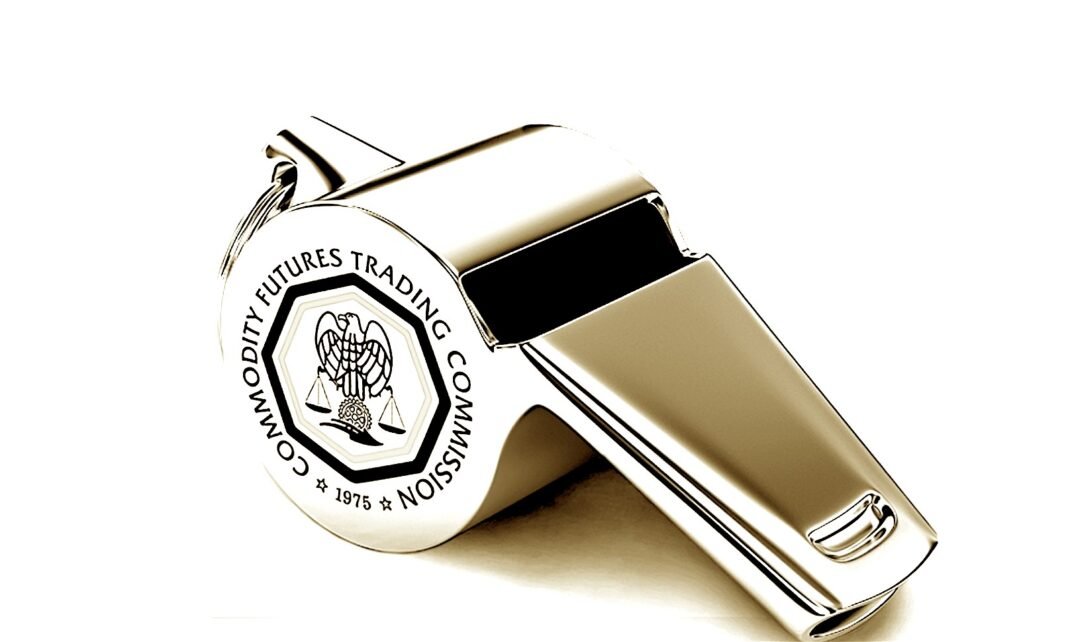The U.S. Commodity Futures Trading Commission (CFTC) is actively seeking tipsters. Recently, the CFTC’s Whistleblower Office issued a Whistleblower Alert explaining that individuals can qualify for both financial rewards and certain protections if they identify potential Commodity Exchange Act (CEA) violations linked to fraud or manipulation in the carbon markets.
The CFTC’s Whistleblower Office is urgently inviting the public to stay vigilant for any signs of manipulation in the carbon markets. The Whistleblower Program initiative offers protection and financial compensation to those who uncover possible violations of the Commodity Exchange Act (CEA). These violations concern carbon markets, which are crucial in transitioning towards a low-carbon economy.
In carbon markets, individuals trade carbon credits or offsets. Buyers and sellers can trade these credits either directly with the holder or through a spot exchange.
Carbon credits feature as the primary commodity of futures contracts listed on CFTC-regulated contract markets. The CFTC oversees trading, enforces regulations, and guards against fraud in carbon credits spot markets.
CFTC’s 5 Carbon Misconducts:
- Deceptive Practices in Carbon Markets Futures Contracts: These deceptive practices include “wash trading,” a method where identical financial instruments are traded to create artificial market activity. Other violations may involve price manipulation, false reporting, or fraudulent solicitation.
- Ghost Credits Fraud: This type of fraud occurs in spot markets where immediate sales and purchases of carbon credits happen. Ghost credits or illusory credits do not represent actual carbon reductions. Market registries may list them as fake increased market activity or carbon reduction.
- Double-Counting Fraud: This form of fraud happens when the same carbon reduction gets counted twice. A company could double-count a carbon reduction by selling its credit after counting it towards its own goals.
- Misrepresentation in Carbon Credit Terms: This refers to fraudulent statements about a carbon credit’s specifications. These statements may contain false claims about a credit’s various attributes like quality, quantity, project type, calculation method, benefits, duration, or buffer size.
- Manipulation of Tokenized Carbon Markets: Deceptive practices can occur in markets that tokenize carbon credits on a blockchain. can also witness deceptive practices. Each token symbolizes a certain amount of carbon reduction or offset.
The Whistleblower Program rewards those who voluntarily provide original information about potential violations of the CEA.
If your tip leads to a CFTC enforcement action with over $1 million in sanctions, you could earn a reward. The program also ensures confidentiality and protection against retaliation. Whistleblowers are eligible to receive between 10%- 30% of the monetary sanctions collected.
Since the program’s establishment in 2010, whistleblowers have enabled the CFTC Whistleblower Program to recover more than $1 billion from fraudulent activities.
The CFTC has awarded these whistleblowers over $330 million for their vital contributions.
The CFTC advises anyone suspecting wrongdoing to complete a Form TCR (Tip, Complaint, Referral) as thoroughly as they can.
The more specific, credible, and timely your details are, the more useful your tip becomes. Providing as much evidence of the misconduct as you can assist the CFTC in its enforcement action.

